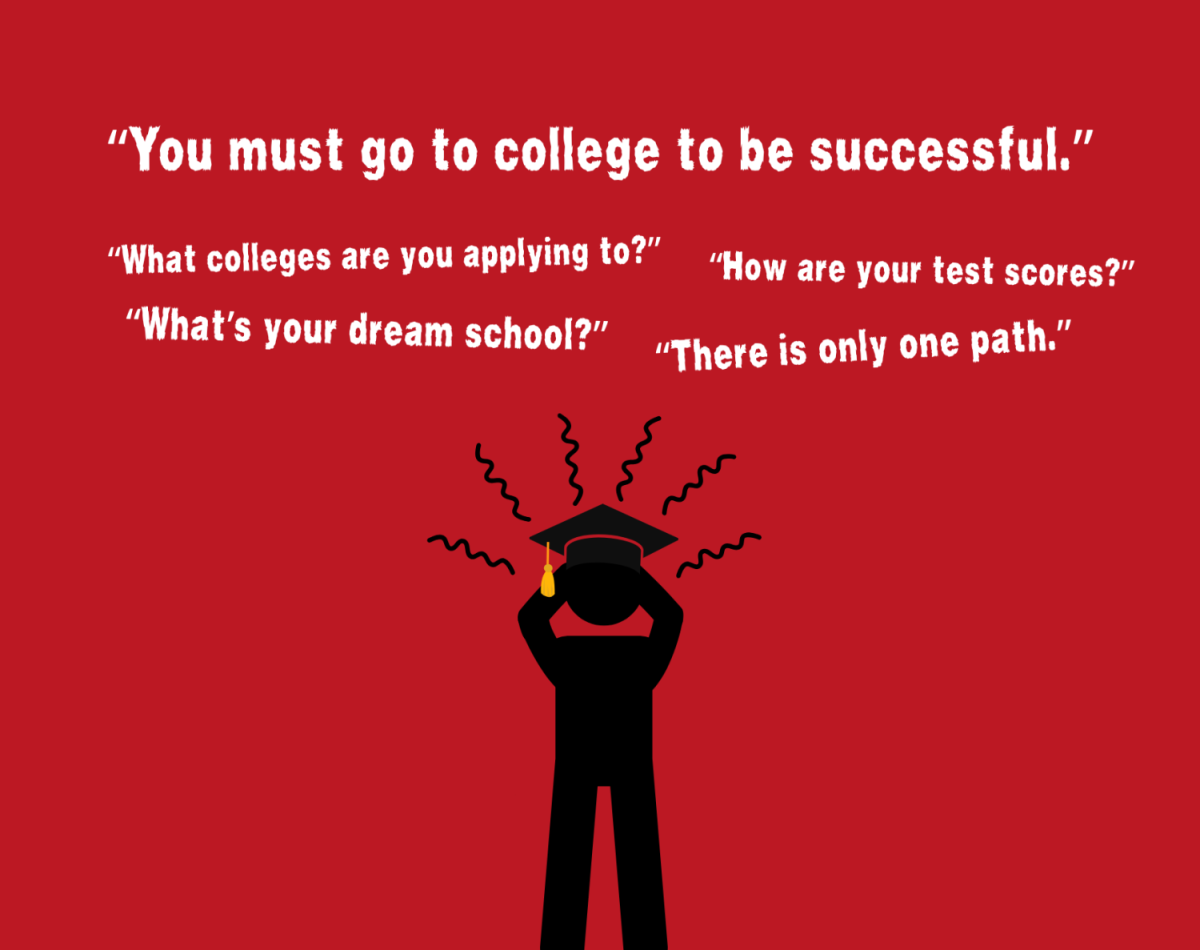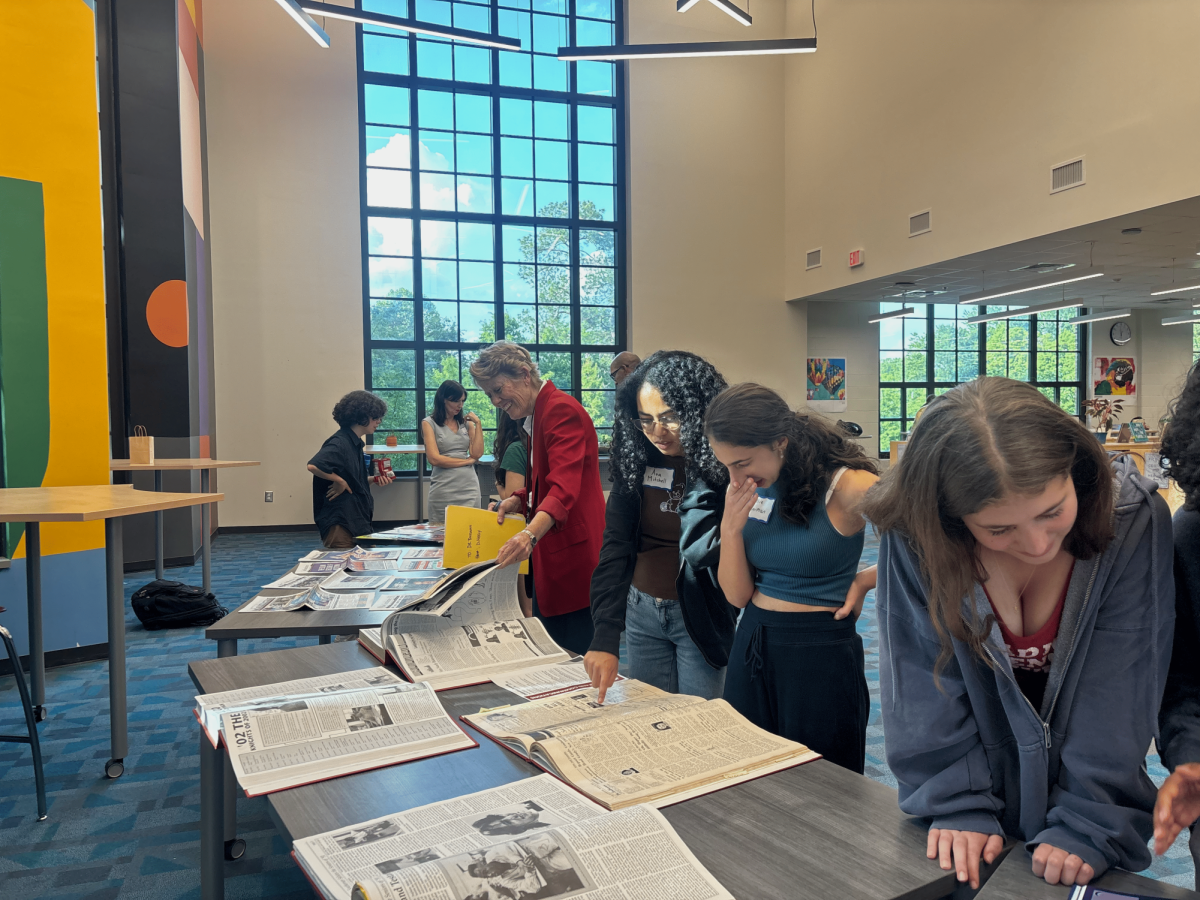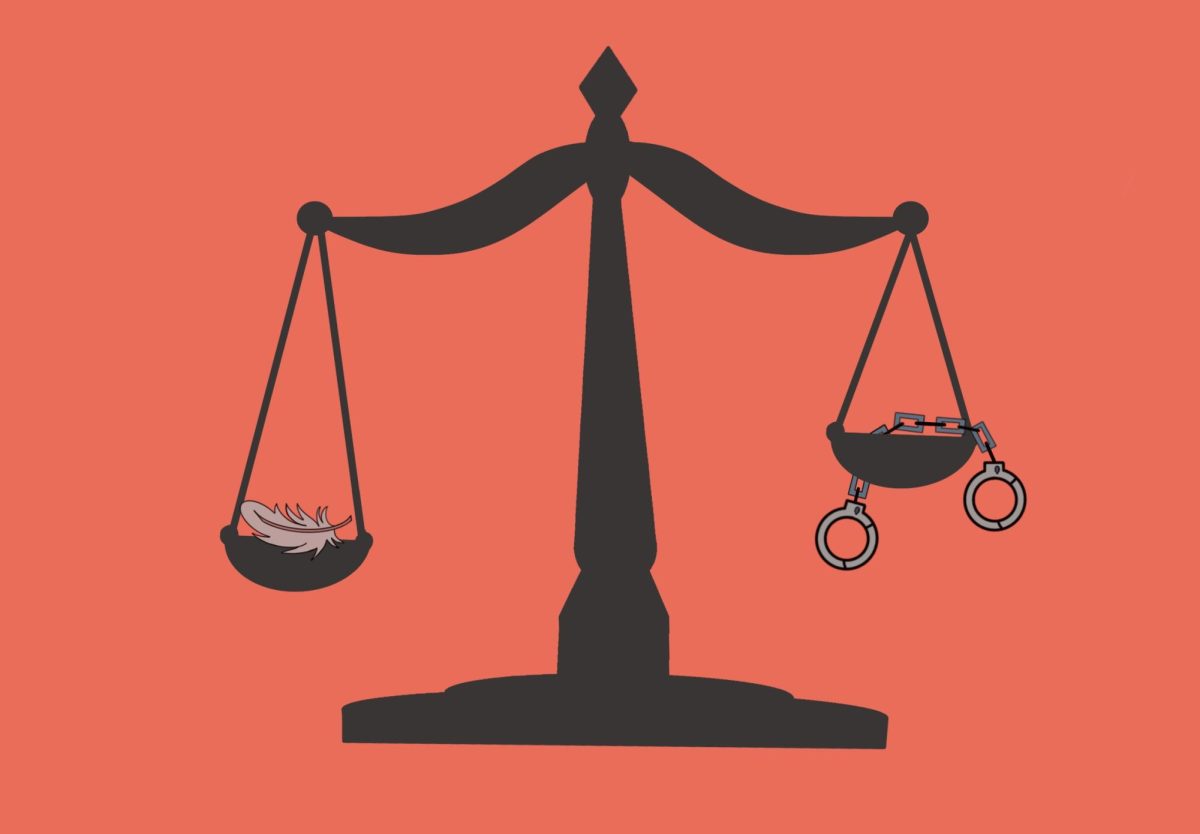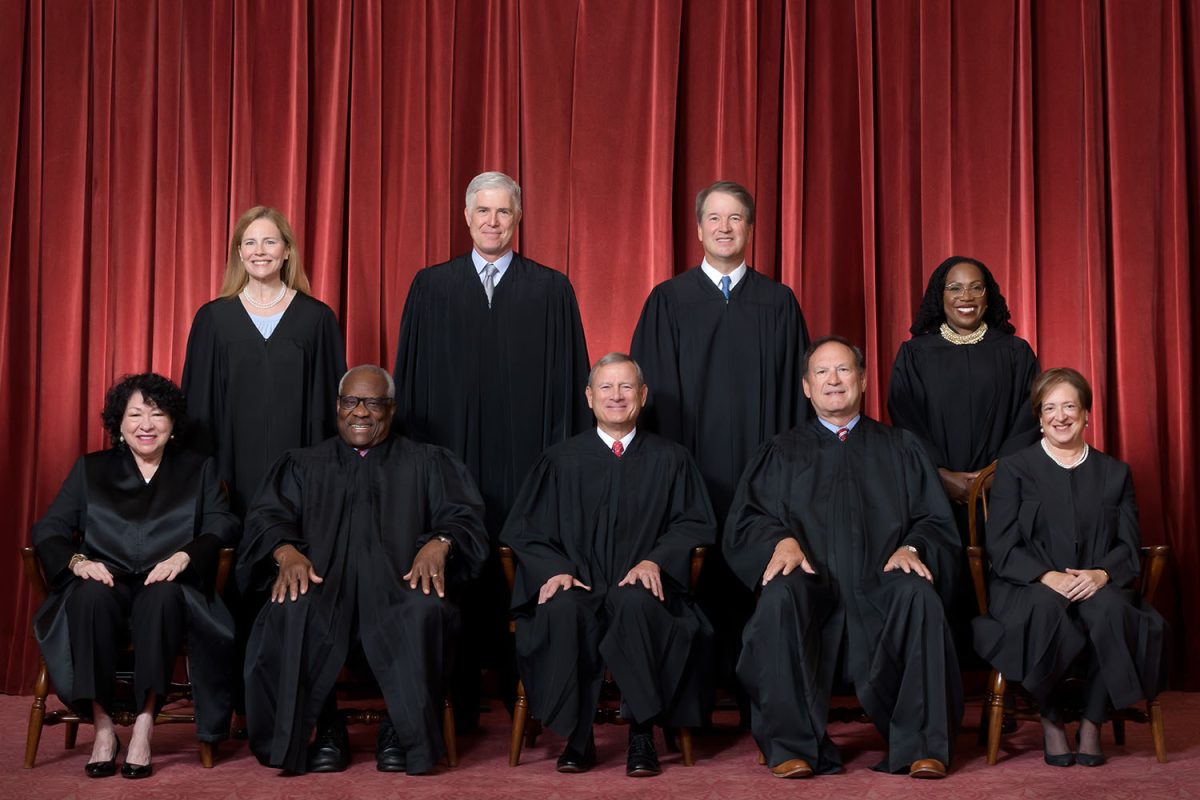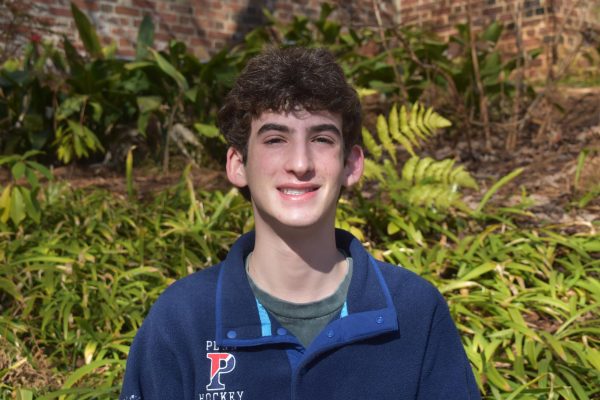Admissions officers spend, on average, 10-15 minutes reading each student’s application. At elite private schools with high numbers of applicants and low numbers of admissions staff, it can be more like 5 minutes.
The college admission process has always been one of inadequacy and baselessness. The concept itself is of poor design — how do you fairly assess a 17 or 18 year old’s life, characteristics and skills during the span of a five or 10 minute application review? In recent years where schools have introduced test-optional policies and are putting less weight on GPA due to grade inflation, admissions officers have begun to put more emphasis on the essays students submit. Although essays can appear to be an undamaged piece in an otherwise broken system, admissions essays give a significant advantage to students with access to private college counselors or parents who went to college themselves. This further exacerbates the class and higher education divide in America, as well as worldwide.
Even students who excel at writing and painstakingly critique their own essays before submitting them, can be at a disadvantage due to the topic they chose to write about. Those who have evocative stories of life struggles or adversity faced in their childhood will be at an unfair advantage, allowing them to write more intricate essays which provoke admissions officers than those who have not had such experiences.
Furthermore, essays do not paint a true picture of a student’s abilities, even in writing. With access to generative AI tools like ChatGPT at their fingertips, students can have technology write or edit their essays for them. While many colleges place substantial emphasis on the authenticity of essays, Georgia Tech actually encourages applicants to utilize AI tools to enhance their writing by helping brainstorm ideas and figure out how to communicate what they want. An honest student could apply with a handwritten essay on a unique topic and be rejected by a college, one-upped by another student who not only used AI to come up with ideas, but to write the essay, too. AI highlights another fault in the college essay admissions system, where applicants may feel unmotivated to write an original essay, wasting the time of admissions officers and diminishing the importance of the essay in the application process.Application essays can also separate the essay from the individual applicant. As noted by the New York Times in a detail on college essay ghostwriting, a striking number of college advisors have been known to write for their students, often reworking or rephrasing entire essays to the point where the final product no longer reflects the applicant’s unique voice.
The essay system also gives way to opportunities for unfair advantages to some. Students who lack access to specialized college advisors or tutors are handicapped in terms of getting assistance in the essay process or even having someone to read over their piece. This lends a hand up to those who are more fortunate than others, proving that essays are a limited view into an applicant’s actual skill set and profile.
College application essays provide a limited scope of the applicant, as many focus on personal anecdotes and reflections. Other skills and academic potential of the applicant may not be accurately reflected in these types of essays. These essays may not capture a student’s ability to think critically, solve problems, or collaborate with others. The publicly available Common Data Set, which outlines the weight each college gives to the different aspects of a student’s application, shows that the University of Georgia and Georgia Tech actually de-prioritize essays in favor of increased importance for high school course rigor, standardized test scores and GPA.
In the post-Covid times with many colleges going test-optional, application essays now hold increased importance as they become a key tool for admissions officers to gauge a student’s character, potential and writing skills. Without significant weight on standardized test scores, essays are often viewed as an opportunity for students to showcase their individuality and distinct experiences. Colleges should shift to a different system that provides a variety of options, allowing students to submit portfolios of unique projects or respond to questions in video form, allowing students to express their personality through words and actions. Such options would allow students to best represent themselves and their character, something that a 600-word application essay cannot fully capture.
Even though the college essay has been at the core of the admissions process for decades, it is an imperfect measure of student abilities. The essay system puts first-generation or lower-income students without reliable access to computers, private college counselors, or educated family members at a great disadvantage, while lifting others to greater opportunities. College admissions must be changed to lend more freedom to the applicant to highlight their own strengths in an individual way, leveling the playing field for all applicants, regardless of their own unique circumstances.



